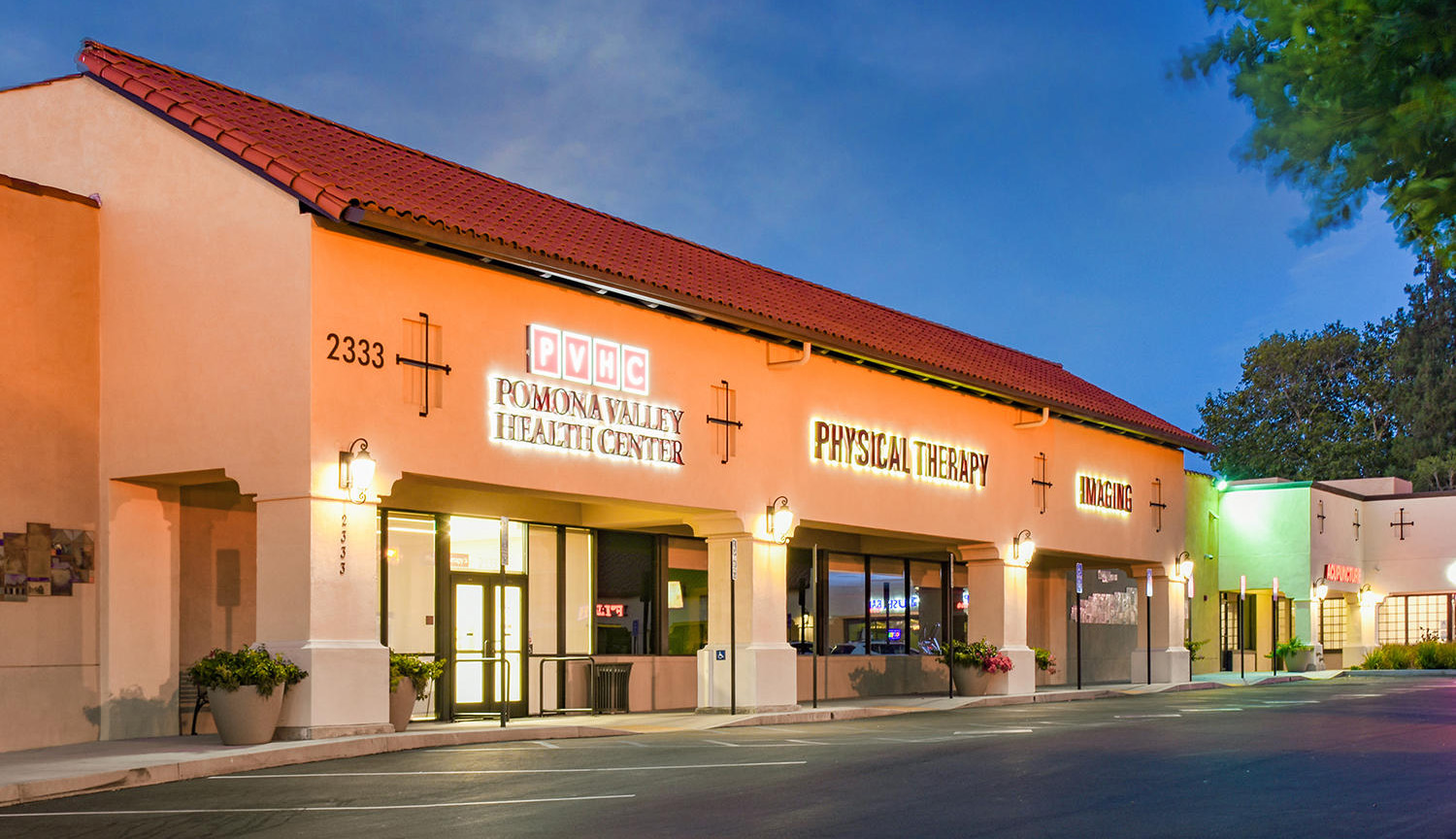Medically reviewed by Dennis H. Nicholson, MD, Medical Director, PVHMC Sleep Disorders Center

Sleep apnea is a potentially serious medical disorder that affects between 50 and 70 million adults in the United States and could affect an estimated 10 percent of children, according to the American Academy of Family Physicians.
Sleep apnea occurs when a person’s breathing is repeatedly blocked during sleep. Blockage of the airway causes snoring and, if severe, can lead to low oxygen levels, elevated blood pressure, and damage to the brain and heart over time. Sleepiness, fatigue, depression, and loss of sexual drive can also result.
Pediatric (childhood) Sleep apnea is a potentially serious sleep disorder. If your child regularly feels tired after a full night of rest, has trouble with hyperactivity, poor school grades, or difficulty paying attention in class, you may want to consider a sleep evaluation.
If left untreated, sleep apnea can lead to more serious health problems like high blood pressure, heart disease, type 2 diabetes, and stroke later in life. During childhood, problems include poor school performance and hyperactivity.
Sleep apnea may be the culprit if your loved one snores and feels tired or sleepy after a full night’s rest.
This blog is meant to help you recognize patterns that may suggest sleep apnea, not replace a medical diagnosis.
Many people with sleep apnea do not realize they have it because the most noticeable signs happen during sleep. Often, it is a partner, family member, or caregiver who first notices changes in breathing, snoring patterns, or restlessness.
During the day, ongoing fatigue, difficulty concentrating, or mood changes may indicate disrupted sleep.
Sleep apnea is often a byproduct of other health factors, including:
The most common culprits in children are enlarged tonsils or adenoids. Childhood obesity can cause or contribute to Obstructive Sleep Apnea.
If you notice your child snores or breathes loudly during sleep, the board-certified physicians at Pomona Valley Health Centers encourage you to visit our Sleep Disorders Center to help your child get better, healthier sleep.
There are two types of sleep apnea:
While nasal allergies may not specifically cause sleep apnea, there is a connection between the two. Those with allergic rhinitis (e.g., hay fever) have a higher risk of experiencing longer and more frequent obstructive sleep apnea.
People who suffer from seasonal allergies experience heightened symptoms at night, which can trigger sleep apnea. Warm temperatures push pollen and other common allergens, like mold spores, dust, and pet dander, into the air, but cooler air at night means these allergens fall back to the ground and settle on surfaces.
Labored breathing occurs when the upper airway narrows due to congestion. This can lead to more frequent breathing disruptions, which interrupt the body’s natural sleep cycles and leave your child irritable and tired. Inflammation can also cause a buildup of pressure, contributing to headaches, teeth grinding, and an increased risk of recurrent apneas.
If your child collects pollen (or other allergens) in their hair or clothes throughout the day, it can increase their risk of allergy symptoms at bedtime and sleep apnea. This combination can leave them struggling to get the restorative sleep they need.
Sleep apnea can affect overall health, energy levels, and quality of life when left unaddressed. If disrupted breathing during sleep is suspected, a healthcare provider can help determine whether further evaluation or monitoring may be appropriate.
Learning more about possible risk factors, sleep patterns, and next steps can help you make informed decisions about your health or your child’s well-being.
If these patterns feel familiar, you may want to learn more about obstructive sleep apnea, common symptoms, and available treatment options please contact Pomona Valley Health Centers at 909-378-9025.
Our Sleep Disorders Center, located in Claremont, CA, offers state-of-the-art facilities and easy access to comprehensive, caring medical services.




